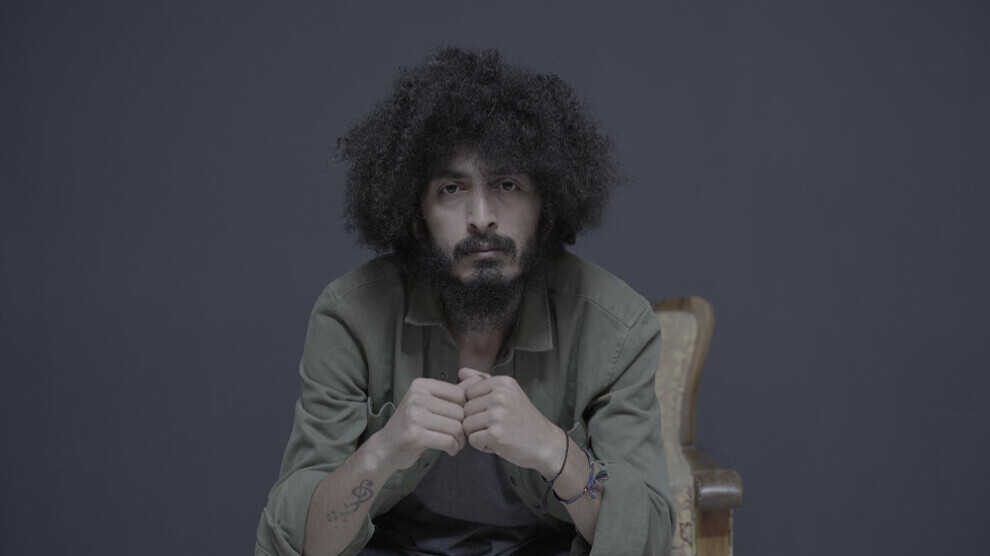Murat Demir: I am a servant to Kurdish music
Musician Murat Demir sings Kurdish tunes that are about to be forgotten. He does so to counter cultural assimilation and describes himself as a 'servant' to Kurdish music.
Musician Murat Demir sings Kurdish tunes that are about to be forgotten. He does so to counter cultural assimilation and describes himself as a 'servant' to Kurdish music.

Young Kurdish musician Murat Demir, who has come to the age of 26 with the cultural background of his childhood, brings together unheard melodies to music lovers with his different style and the new spirit he added to Kurdish music.
We got to know him with the song Hoy Nerme, whose professional arrangement was made by Erdem Altınses, and was broadcast on YouTube. This piece has been written by an unknown writer as many songs in Kurdish music and like many melodies sung by Demir. These songs are passed on from heart to heart. Demir, who is working at his new album, wanders through North Kurdistan going from city to city, traveling from village to village, collecting Kurdish melodies that have been forgotten.
We talked with Demir about his work on Kurdish music and cultural assimilation. Demir, who was born in Hakkari and grew up there, considers himself lucky. His father and what surrounded him have increased his interest in music. “My father used to sing too,” he says while talking about his life. "We must protect our cultural fabric and cultural, no matter who does it, how they do it, whether they are women or men, Muslims or other religions.”
Demir got the sound and emotion of the music from his family and experiences in Hakkari. “The suffering is very high in the history of the peoples. Of course there are also happiness but there are many wars and battles. There are wars, pains and joys in our history too. If I say, as a musician, I am not affected by these, I would be wrong from the beginning. My style of music reflects this. I am impressed by all the pain we have experienced, our victories or defeats, our stories, our love songs. I also want to fully serve all of these. When I managed to serve these, I will actually have succeeded."
A servant to Kurdish music
Adding that he constantly describes himself as a "servant" to Kurdish music, Demir said: "I am not saying that I will be successful when I climb up that many of the steps that stand in front of me in my music career. I will achieve my main goal by adding the emotions and events in Kurdish culture to my music. In this sense, as I have just mentioned, I consider myself a servant. At one point, this is a stance against assimilation, towards Kurdish culture and music, for me.”
When we asked who and what is he listening to, Demir touched on the Kurdish melodies that are about to be forgotten and said: "I listen to those Kurdish musicians who are not recognized by many people. You know, many Kurdish melodies have also been forgotten, lost, or are on the verge of disappearing. Today, the melodies of our 65 and 70s people in Hakkari and Şırnak have never been heard in other places. If they lose their lives, these melodies will also disappear. We need to lend our ears to these songs. I think it is very important to protect these songs as a way to oppose cultural assimilation. Reclaiming your own culture is paramount in life. We say our language is my identity. Our identity! If we are talking about a people, we need to look at their art and culture and talk about it. Culture is a great dynamic."
Saying that he is working on a new album these days, Demir said that he discovered new songs by traveling from cities to villages, and that he wrote new compositions.
As to his next musical adventure, Demir said: “Sometimes I will sing only for children, and sometimes only those left from the time these songs come from will understand what I sing. Another day, I will sing love songs again, lovers will listen to them."